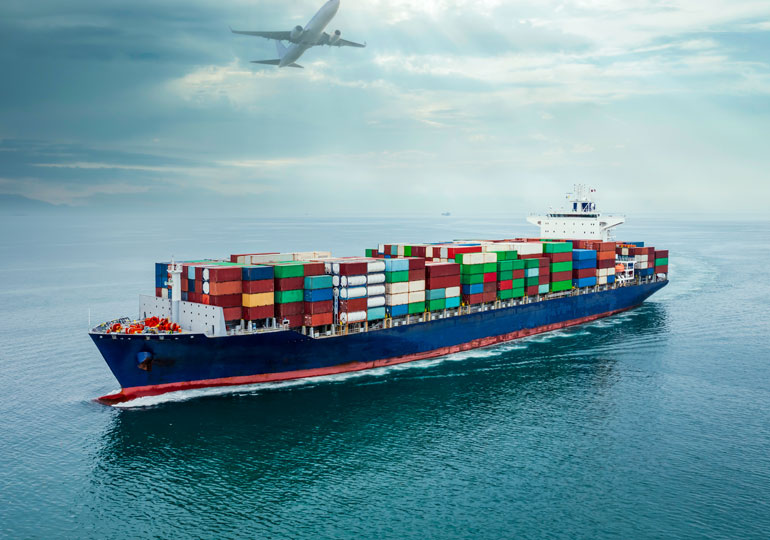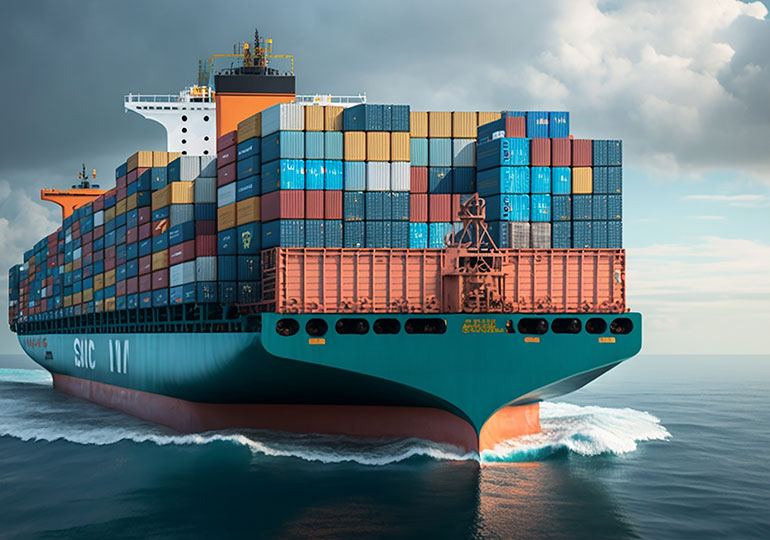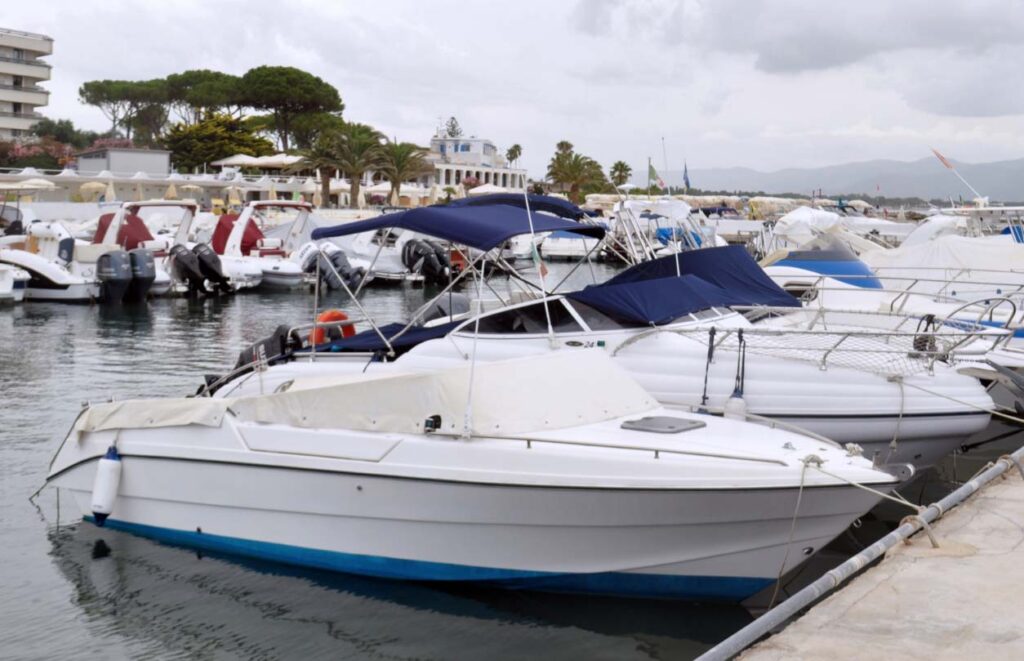
Menu
Ship and Vessel Leasing
KNOW ABOUT GLOBAL SEAWAY
Short-term Leasing
Offering vessels for temporary usage, such as for specific projects or events.
Short-term leasing of vessels and ships is a common practice in the maritime industry, allowing companies to temporarily access a vessel without the long-term commitment of ownership. This type of leasing is often referred to as a "charter" and can take various forms depending on the needs of the charterer.The vessel is leased for a specific period, ranging from a few days to several months.


DISTRIBUTION
Air Freight Solution

DISTRIBUTION
Air Freight Solution
Global Seaway
Long-term Leasing
Providing vessels on extended contracts for ongoing operations or business needs.
Long-term leasing of vessels and ships typically refers to arrangements that extend over a significant period, often several years. These leases are often structured to provide both the shipowner and the charterer with stable, predictable terms and conditions over the duration of the contract. A long-term time charter involves leasing a vessel for an extended period, with the shipowner providing the vessel with a crew, while the charterer is responsible for operational costs like fuel, port charges, and cargo handling. The shipowner handles the capital costs, including ship maintenance and crew wages, while the charterer uses the vessel for their specific needs, such as transporting goods. These contracts can last several months to several years, depending on the agreement. Time charters allow the charterer flexibility in choosing routes and cargo, within the terms of the charter party agreement. Ideal for companies needing consistent access to shipping capacity over a long period without the responsibilities of owning a vessel.

KNOW ABOUT GLOBAL SEAWAY
Bareboat Chartering
Leasing vessels without a crew, where the lessee operates the vessel.
A bareboat charter is a long-term leasing arrangement where the vessel is leased out without crew, insurance, or provisions. The charterer takes full control and responsibility for the vessel, including operational management, maintenance, and insurance.

TESTIMONIAL
What our client say
RESPONSIBLE!
I must explain to you how all this idea mistaken idea of denouncing expou praising was born and I will give & you a complete accont of the system and master border

Helen Wilmore
Cargo Head


